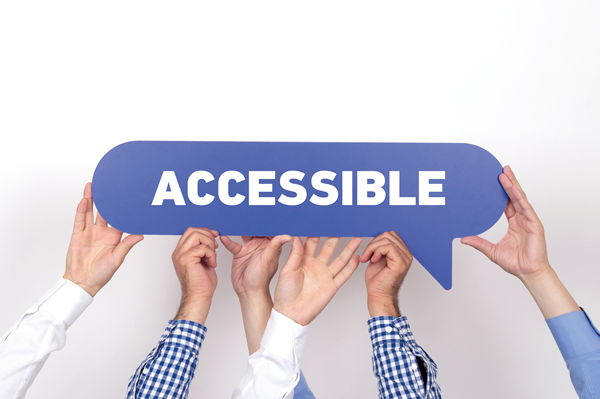Currently, the FCC requires the networks covered by the audio description mandate to offer 87.5 video described hours per quarter. TBS is included in the non-broadcast networks covered by the mandate during the current and the upcoming period starting on July 1, 2021.
Since repeats of a program can only be counted once on a given channel (commonly referred to as the “repeat rule”), TBS claims that, it has been a challenge to comply with the audio description rules due in part to the repeat rule. TBS has many reruns. TBS also claims that a waiver would allow it “greater flexibility to account for expected future changes in the programming mix, which could include more repeat programming, less newly produced programing, and more live and near live programming, including during prime time, such as a new Major League Baseball game on Tuesday nights.”
The petition by WarnerMedia asks for a limited waiver of the audio description rules covering the period April 1, 2021, through June 2024, subject to the conditions that TBS (1) airs at least 1,000 hours of described programming each quarter (and more than 1,400 hours of described programming on average per quarter over the waiver period) without regard to the number of repeats; and (2) describes 100 percent of newly produced, non-live programming aired between 6:00 a.m. and midnight ET within three business days of its receipt from a production company. Additionally, if granted the limited waiver, WarnerMedia commits that it would describe 100% of newly produced, non-live programming aired between 6:00 a.m. and midnight ET within three business days of receipt on TNT and TruTV, TBS sister networks.
This request is similar to the one made by NBCUniversal on behalf of USANetwork. However, WarnerMedia is offering to have 400 hours more of described programming on average per quarter than what NBCUniversal offered, and to describe 100% of new programs instead of the 75% offered by NBCUniversal.
We applaud the commitment of WarnerMedia to make its programming accessible, specially to the commitment to describe 100% of the newly produced programing not only on TBS, but also in TNT and TruTV. However, in the case of any waiver, the FCC must be cautious to keep a waiver from going in detriment of the progress already reached in favor of the audiences with visual impairment.
Update on waiver request
On August 18, 2021, the FCC granted the waiver to TBS’s "subject to the condition that, in any quarter in which TBS cannot meet the hours threshold established by our rules, it will be subject to an alternative minimum audio description requirement that it (1) airs at least 1,000 hours of audio described programming each quarter (and more than 1,400 hours of audio described programming on average per quarter over the entire waiver period) without regard to the number of repeats, and (2) audio describes all newly produced, non-live programming aired between 6:00 a.m. and 11:59 p.m. local time within three business days of its receipt from a production company. Additionally, WarnerMedia will provide audio description for 100 percent of newly produced, non-live programming on commonly-owned networks, TNT and TruTV, aired between 6:00 a.m. and 11:59 p.m. local time within three business days of receipt. This limited waiver applies to every covered MVPD across the country, with respect to the channel on which it carries TBS."
"WarnerMedia’s commitment to providing a significant amount of audio described programming is a significant factor in our decision to grant a limited waiver here. TBS has exceeded the required hours of audio description without regard to repeats in recent quarters and explains that it remains committed to surpassing the typical quarterly threshold in the future. From 2018 through 2020, TBS aired an annual average of more than 5,000 hours of audio described programming without regard to repeats. As WarnerMedia states, this annual average exceeds the total required by ten times. Furthermore, last year, TBS aired more than 6,000 hours of audio described programming and more than 1,500 hours on average per quarter. Based on the conditions proposed by WarnerMedia, and adopted here, TBS will exceed the USA Network Order alternative minimum threshold as needed, including by describing 100 percent of newly produced, non-live programming aired during core hours on TBS, TNT, and TruTV. Moreover, we take notice of the fact that WarnerMedia worked collaboratively with disability advocates in order to advance its Petition. ACB’s comments in support of WarnerMedia’s limited waiver request are notable and persuasive, and we agree with ACB that granting WarnerMedia’s Petition, with the aforementioned conditions, has the potential to expand accessible content for viewers who are blind or visually impaired."
Sources:






